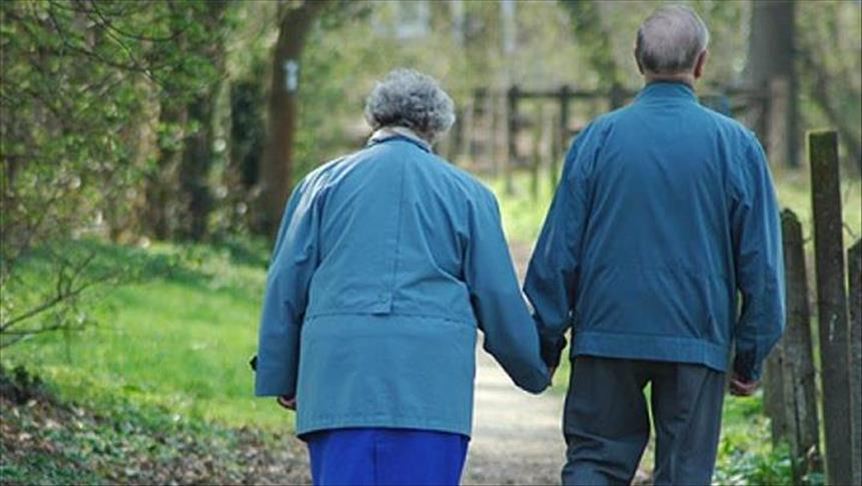England life expectancy stalls for 1st time in century
Women life expectancy in most deprived area decreased in past 10 years

LONDON
Increases in England’s life expectancy stalled for the first time in more than a century, with expectancy of women in the most deprived areas actually decreasing, according to a report published Tuesday.
The decline came after a decade of austerity by the center-right Conservative government, with the report’s author directly blaming government cuts.
Professor Sir Michael Marmot said the results of his study published by University College London Institute of Health Equity which he directs, were “shocking,” and that “austerity had taken its toll.”
"England has lost a decade," said Marmot. “If health has stopped improving, that means society has stopped improving.”
"Pretty much -- with a few dips and bounces -- life expectancy improved about one year every four years from the end of the 19th century until 2010, then it slowed down dramatically,” he said.
“Austerity has taken a significant toll on equity and health and it is likely to continue to do so,” he said, adding: “If you ask me if that is the reason for the worsening health picture, I’d say it is highly likely that is responsible for the life expectancy flatlining, people’s health deteriorating, and the widening of health inequalities.
“Poverty has a grip on our nation’s health – it limits the options families have available to live a healthy life. Government health policies that focus on individual behaviors are not effective. Something has gone badly wrong.”
“From rising child poverty and the closure of children’s centres, to declines in education funding, an increase in precarious work and zero hours contracts, to a housing affordability crisis and a rise in homelessness, to people with insufficient money to lead a healthy life and resorting to food banks in large numbers, to ignored communities with poor conditions and little reason for hope,” Sir Michael wrote in the report’s fiery foreword.
“Austerity will cast a long shadow over the lives of the children born and growing up under its effects.”
Among Marmot’s recommendations for the government were reducing child poverty to 10%, reducing “poor quality, low-paid, insecure” work, ensuring people have enough money through a national living wage, and government benefits to lead healthy lives and investing more in deprived areas.
Women living in deprived parts of England were the hardest hit, with their life expectancy actually decreasing by 0.3 years between 2010-12 and 2016-18.
Shadow Health Secretary Jonathan Ashworth said: “There is no greater social injustice than people dying sooner because of poverty and austerity. Yet not only is life expectancy stalling for the first time in more than 100 years, shockingly it is actually declining for the poorest 10% of women.”
“I thank Professor Sir Michael Marmot for his dedicated work to shine a light on this vital issue,” Health Secretary Matt Hancock said.
“There is still much more to do, and our bold prevention agenda, record £33.9 billion a year investment in the NHS, and world-leading plans to improve children's health will help ensure every person can lead a long and healthy life," he added.
Anadolu Agency website contains only a portion of the news stories offered to subscribers in the AA News Broadcasting System (HAS), and in summarized form. Please contact us for subscription options.






